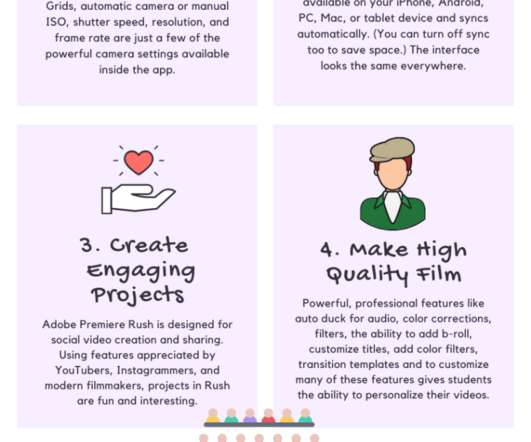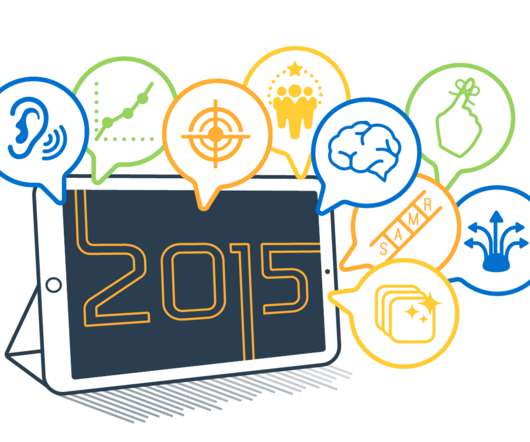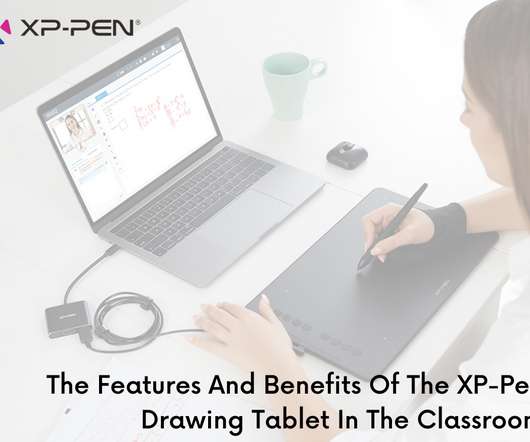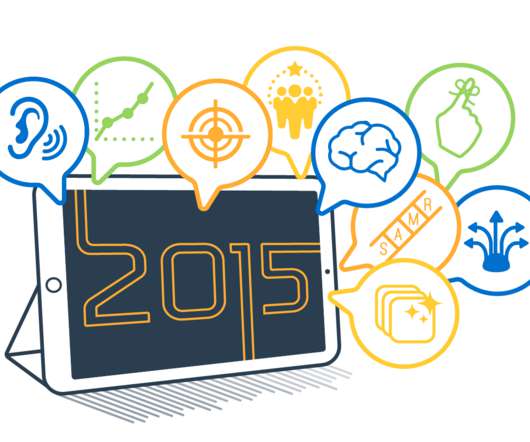Mobile learning: The good and the bad
Neo LMS
JANUARY 20, 2016
Everywhere we go, here and there, people always seem to have a mobile device in their hands, be it a smartphone or a tablet. It’s almost a sin not to own a mobile device. Our mobile devices are online 24/7. Mobile learning of course. The pros The most obvious reason is that almost everyone owns a mobile device.















































Let's personalize your content